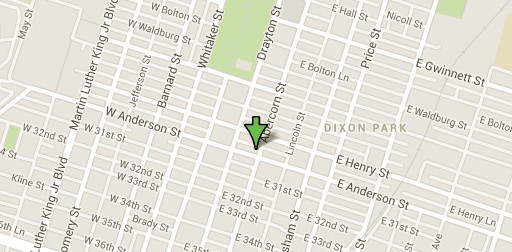If you’ve been involved in some kind of accident, you may develop headaches that are known as post-traumatic headaches. The common assumption is that these headaches are caused by traumatic brain injury (TBI) related to your accident, but it’s also possible that these could be caused by TMJ.

What Is Post-Traumatic Headache?
Post-traumatic headache is any headache that developed within seven days following trauma or injury. The classic definition of post-traumatic headache assumes that it’s related to TBI. TBI can occur in any significant accident that jostled the brain, such as a car accident, boating accident, violence, sporting injury, falling, or a head impact of any type.
A concussion is another name for a mild TBI. You don’t have to lose consciousness during an accident to incur a TBI. You don’t even have to hit your head. TBI can occur in a situation where whiplash causes your brain to bounce around in your head, impacting the inside of your skull.
Common symptoms of post-traumatic headache include:
- Pulsating head pain of moderate to severe intensity
- Headaches worsen with physical or mental exertion
- Cognitive difficulties
- Anxiety and personality changes
- Double vision
- Insomnia
- Fatigue
- Neck pain
- Dizziness or vertigo
In many cases, these headaches will go away on their own within a few months. In other cases, the headaches will persist for months.
Is TMJ to Blame?
If you have persistent headaches after a traumatic accident, it’s important to consider whether TMJ may be to blame. Many of the same types of accidents that can cause TBI can also cause TMJ. And, like TBI, TMJ doesn’t require a direct blow: jaw joint injury can result from whiplash. In fact, many of the mechanisms that actually cause post-traumatic headache are closely related to TMJ, including trigeminal nerve activation and neck injury.
It’s important to always start by assuming that post-traumatic headache is related to TBI. Get checked by a doctor and a specialist if your doctor recommends it.
But you should begin to suspect TMJ if:
- There’s no evidence of brain damage
- Your doctor’s treatments aren’t working
- You have TMJ symptoms including jaw pain, teeth clenching, and tooth wear
If you have these symptoms, then it’s time to talk to a neuromuscular dentist about your headaches.
Neuromuscular dentistry treatment can help in many ways. Not only will it resolve headache and related symptoms, it works without drugs. For people with post-traumatic headache, overuse of medications can become a problem. Finding a drug-free treatment that can reduce or eliminate your headaches can help avoid dependence or addiction.
If you think TMJ might be contributing to your post-traumatic headaches in the Hilton Head area, please call (843) 706-2999 today for an appointment with a TMJ dentist at Beyond Exceptional Dentistry.




